Governor Hochul Signs “Birds And Bees” Act
Nation-Leading Legislation to Protect New Yorkers and Wildlife From Harmful Pesticides
Governor Kathy Hochul has signed into law Legislation S.1856-A/A.7640, known as the Birds and Bees Protection Act. This nation-leading legislation protects New Yorkers from potentially harmful toxins by prohibiting the use of certain neonicotinoid pesticide (neonics) treated corn, soybean, or wheat seeds and neonicotinoid pesticides for outdoor ornamental plants and turfs, creating important protections for New York’s pollinators, birds, and other wildlife.
“By signing the Birds and Bees Protection Act, New York is taking a significant stride in protecting our kids, environment and essential pollinators,” Governor Hochul said. “This law underscores our commitment to fostering a thriving ecosystem while we prioritize sustainable farming and agricultural practices.”
Legislation S.1856-A/A.7640 is a proactive measure to protect pollinators by restricting the use of neonicotinoid pesticides on certain seeds, outdoor ornamental plants, and turf. It allows sufficient time for innovative research on alternatives and the development of more cost-effective products that are less harmful to the environment. After this period, the use of neonicotinoids will be subject to science-based evaluations and waiver provisions to assist farm and agriculture operations in the transition to this new program.
State Senator Brad Hoylman-Sigal said, “The EPA recently found that neonicotinoid pesticides are driving more than 200 species towards extinction, marking them as the most ecologically destructive pesticides since DDT. I’m grateful that Governor Hochul has signed our Birds and Bees Protection Act (S1856A) with Assembly Member Glick, which will help end the pervasive use of toxic neonicotinoids. I’m also extremely thankful to the coalition of advocacy groups that helped get our bill across the finish line, including NRDC, the Sierra Club, NYLCV and environmental advocates, as well as my Senate colleagues, Majority Leader Andrea Stewart-Cousins, and Pete Harckham, Chair of the Environmental Conservation Committee.”
Assemblymember Deborah Glick said, “Limiting toxins that pose adverse effects and health risks is an essential step forward to stop poisoning the environment and create a healthier New York. I applaud Governor Hochul for recognizing the importance of our pollinators and our environment and signing the Birds and Bees Protection Act. This bill accommodates concerns about seed supplies while ensuring transparency and agronomic justification through a waiver process overseen by the NYS Department of Environmental Conservation in consultation with the NYS Department of Agriculture and Markets with time built in for the market and farmers to adjust. This groundbreaking legislation will help safeguard the vitality of our pollinators while ensuring a healthier environment for all New Yorkers.”
New York is committed to promoting the health and recovery of pollinator populations, as highlighted in the State’s Pollinator Protection Plan (PDF). Pollinators contribute substantially to New York’s environment and economy. According to the U.S. Department of Agriculture, pollinators provide approximately $344 million worth of pollination services to New York and add $29 billion in value to crop production nationally each year. The state’s ability to produce crops such as apples, grapes, cherries, onions, pumpkins, and cauliflower relies heavily on the presence of pollinators.
This new law will build on action the Department of Environmental Conservation (DEC) has already taken to restrict the use of many neonics and work with registrants to narrow the uses of many of these products to protect pollinators or state resources.
Last year, DEC took action to limit the unrestricted use of pesticides that can harm bee and other pollinator populations by reclassifying certain products containing the neonicotinoid (neonic) insecticides imidacloprid, thiamethoxam, and acetamiprid as “restricted use” to ensure applications are limited to trained pesticide applicators in specific situations.
Governor Hochul continues to prioritize agriculture and recognizes its critical importance to New York’s economy and role in protecting the environment. The state is proud to be home to over 33,000 farms producing some of the world’s best food and beverages. Governor Hochul’s 2023 State of the State Address and New York State’s Fiscal Year 2024 Budget included strong support and investments aimed at boosting demand for New York agricultural products, bolstering New York’s food supply chain, and ensuring all New Yorkers can produce and access fresh, local foods.

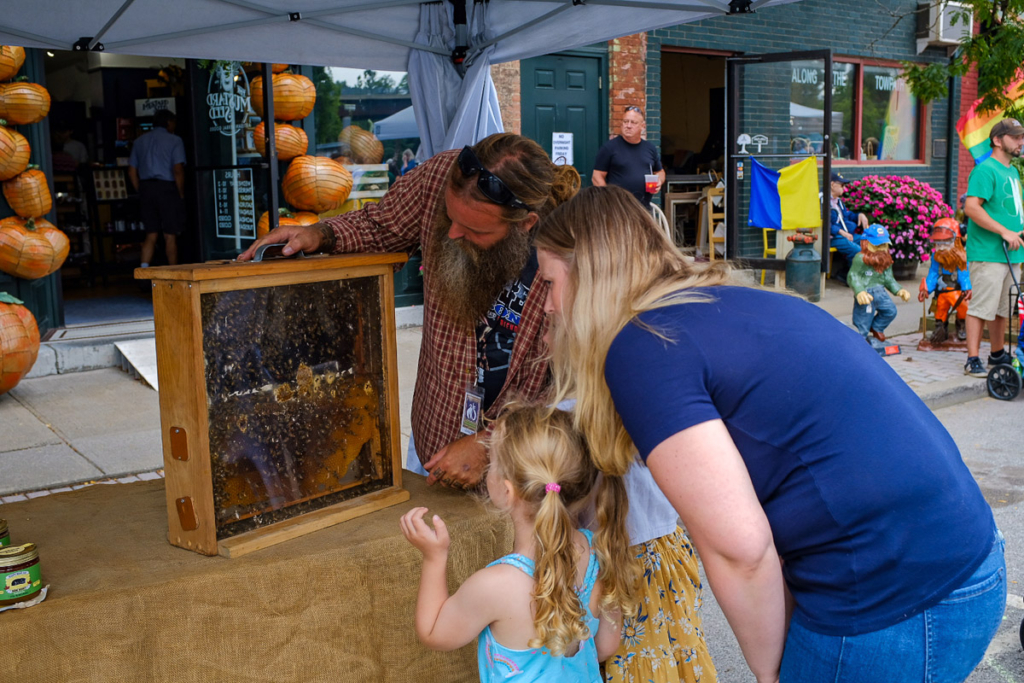


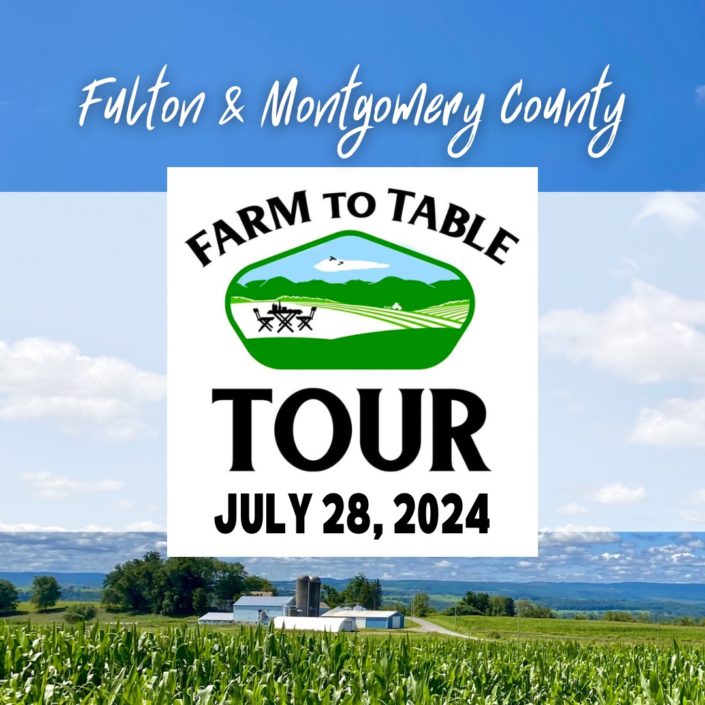

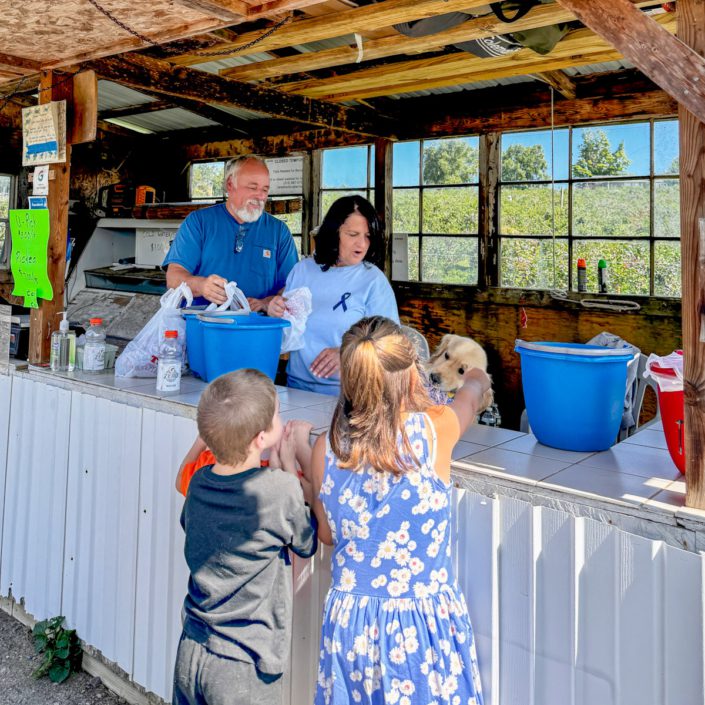

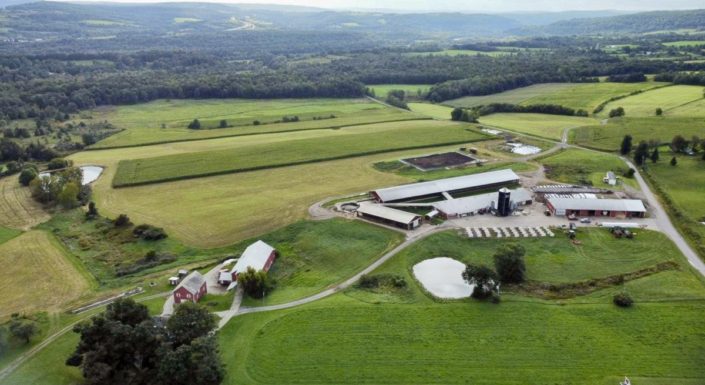


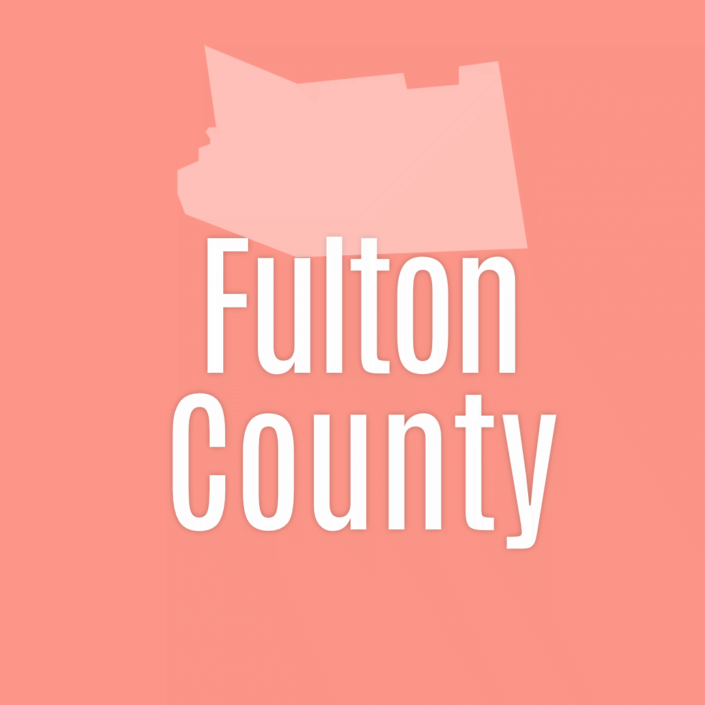
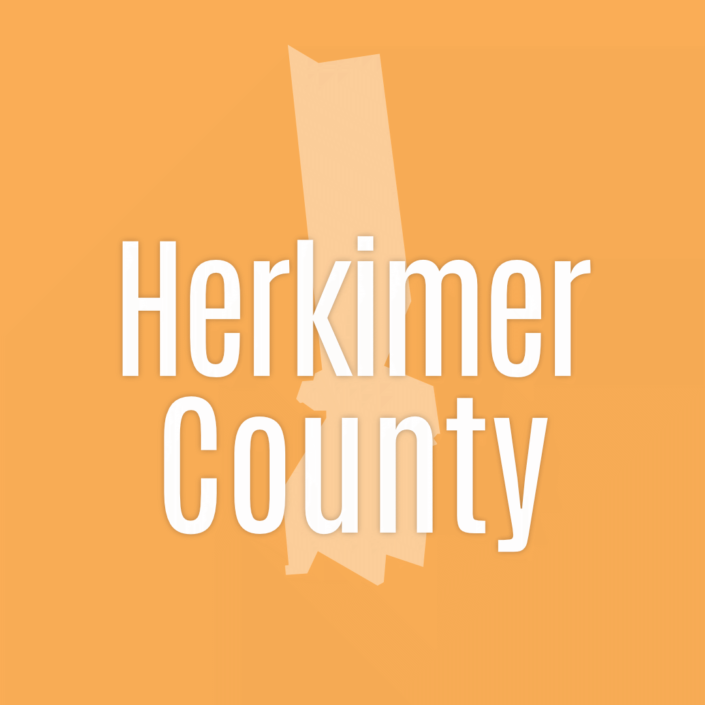
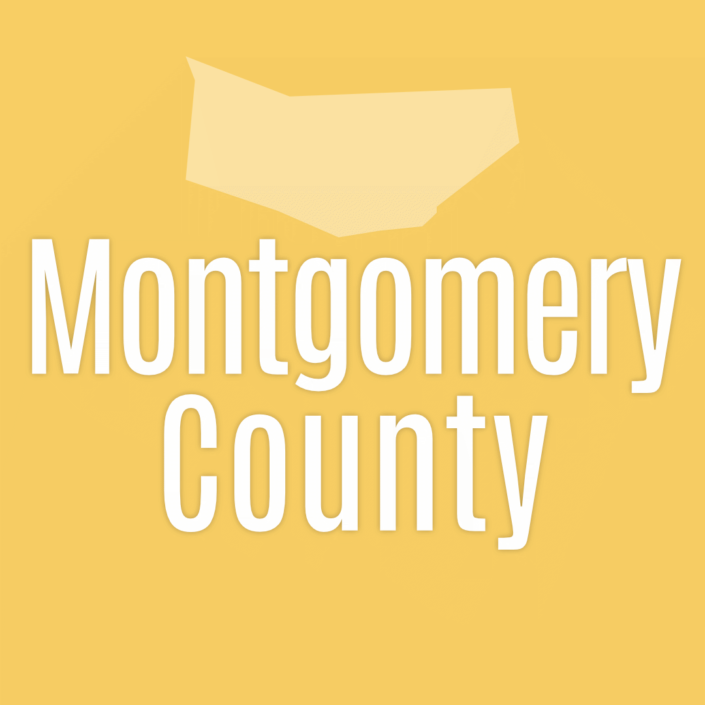
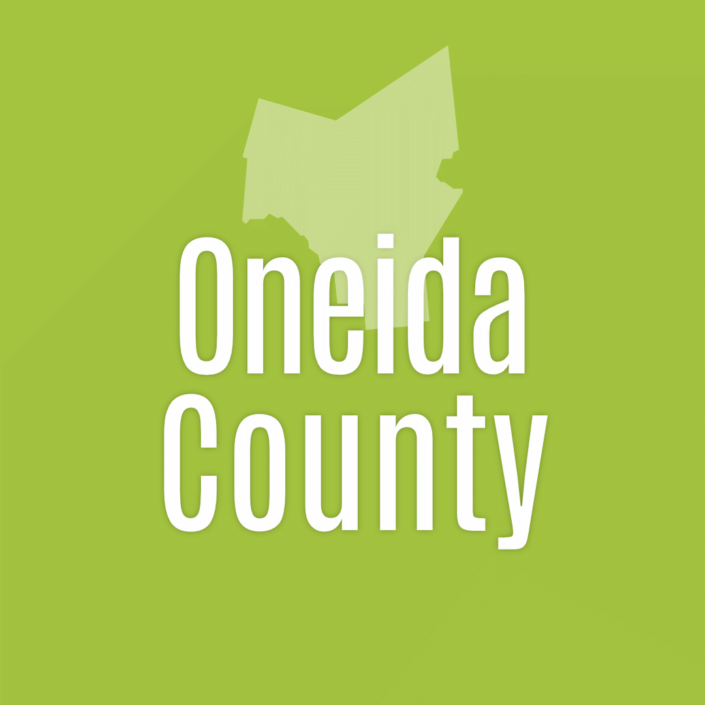
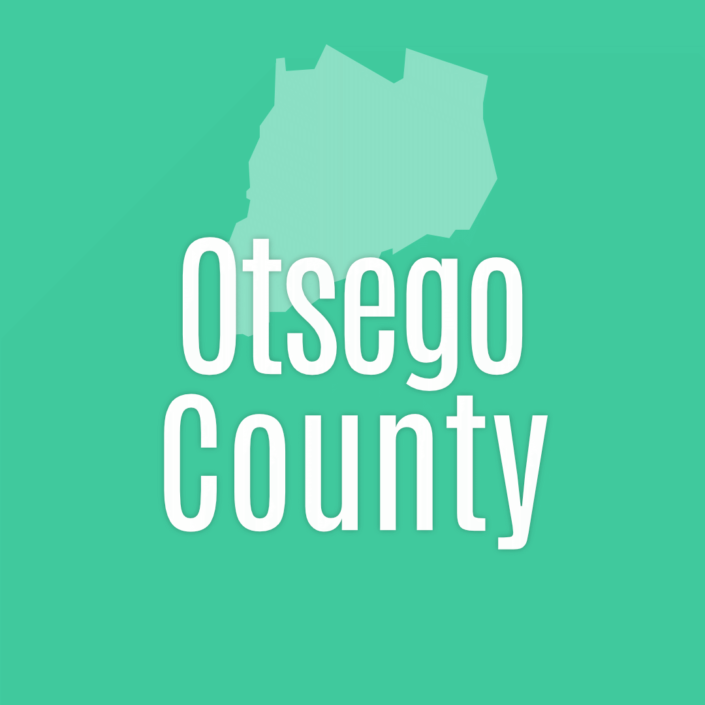
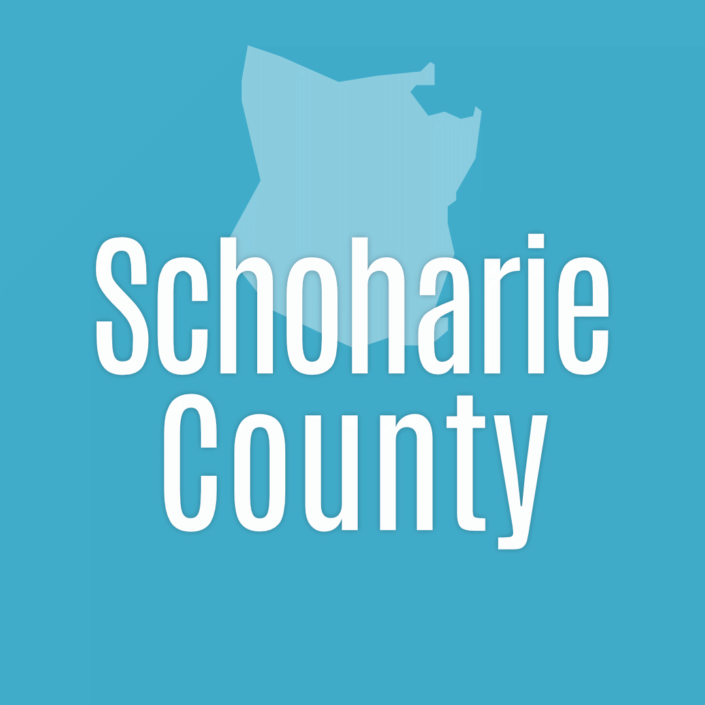

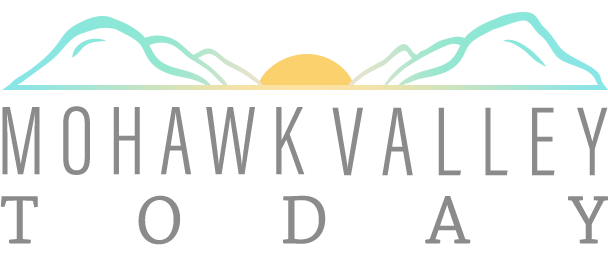

 Winter Octet First Day Hike, Image from Gilbert Lake State Park Facebook page
Winter Octet First Day Hike, Image from Gilbert Lake State Park Facebook page